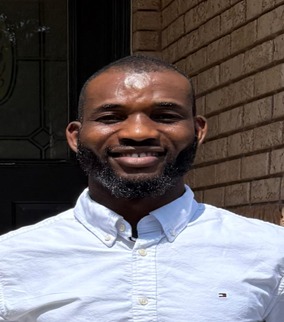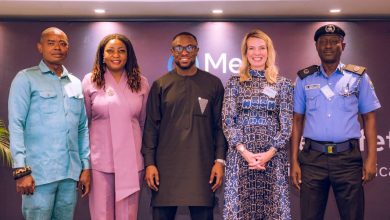
By Juliet Umeh
A Nigerian researcher, Edward Isoghie, is making waves in the United States for using Artificial Intelligence, AI, to solve some of the toughest challenges in engineering education, challenges that mirror the realities faced by many universities across Nigeria and Africa.
Through his research, Isoghie is proving how AI-powered learning tools can reshape the way engineering students learn, think, and apply knowledge to real-world problems. His work focuses on human-centered AI, a discipline that enhances human creativity and problem-solving rather than replacing it — a vision that aligns with the global push toward smarter, more inclusive education systems.
A First-Class graduate of the University of Ibadan, Isoghie’s work has gained international recognition. In June, he won the Outstanding Paper Award in Industrial Engineering from the American Society for Engineering Education (ASEE) in Montreal, Canada. His paper, titled “The Use of Generative AI for Rapid Development of Transcripts for Human-Centered Design,” showcased how generative AI can accelerate the creation of practical learning experiences that build critical thinking, creativity, and innovation among engineering students.
He also received a National Science Foundation (NSF) Travel Grant Award from ASEE’s Manufacturing Division for his contributions to resilient manufacturing workforce development, a key part of the United States’ focus on advanced manufacturing, AI integration, and future-ready talent development.
Speaking about his research, Isoghie explained that AI should serve as an enabler rather than a replacement for human intelligence.
AI should not replace human intelligence — it should enhance it. When thoughtfully designed, AI can make learning more adaptive, accessible, and meaningful, especially in engineering education where problem-solving and creativity are key,” he said.
But beyond its global relevance, Isoghie’s work has special implications for Nigeria and Africa, where inadequate laboratory facilities, outdated curricula, and limited industry-academia collaboration continue to hinder quality technical education.
He believes AI-driven educational systems, such as virtual labs, intelligent tutoring systems, and AI-powered manufacturing simulations — can help Nigerian and African universities overcome infrastructure gaps and deliver globally competitive, affordable, and hands-on learning.
“AI has the potential to democratize education in Africa,” he said. “By integrating intelligent systems into our classrooms, we can empower a new generation of engineers capable of solving local problems while competing globally.”
Isoghie’s journey from Fugar, Edo State, to Louisville, United States, reflects the story of a Nigerian innovator redefining how technology can drive human-centered progress. His vision goes beyond automation — it’s about building an educational ecosystem where AI becomes a tool for inclusion, empowerment, and sustainable innovation.




